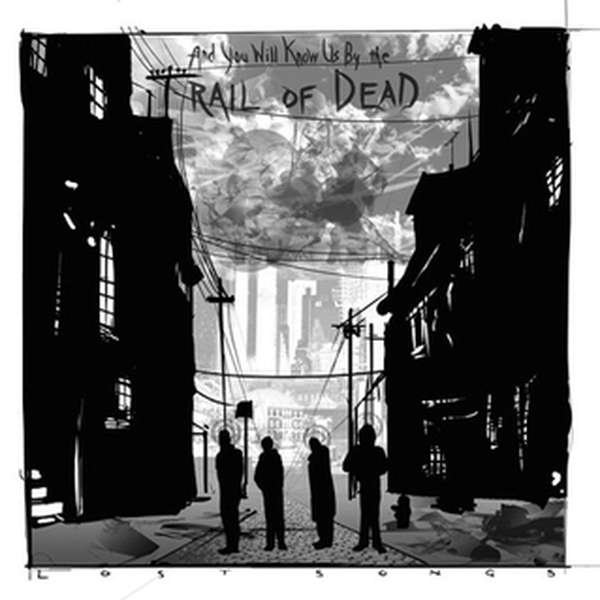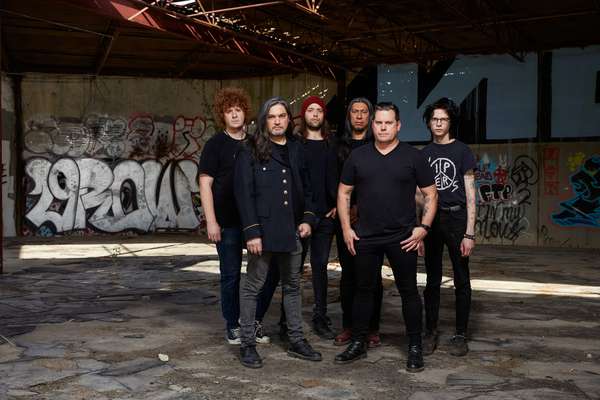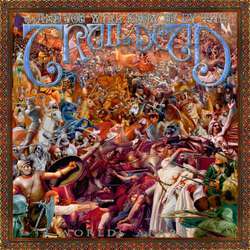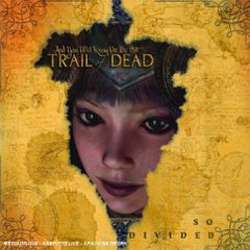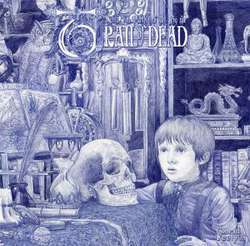The past decade has been an artistic whirlwind for the Austin, TX …And You Will Know Us by the Trail of Dead. After hitting a peak with Source Tags and Codes in 2002, the band has since struggled with their identity and the heavy expectations from critics. Or at least that’s how it feels in the eye of the beholder. Anyway, something about the past few releases has just seemed a bit off, a bit less interesting. And interesting, as cliché and it likely sounds, is a driving factor behind the band’s post-punk/prog/indie/pop blend.
With their eighth album, Lost Songs on Superball Music, one has to wonder about the choice of title. Is it a harkening to their earlier records? The sound definitely suggests as much, with a number of points in the twelve-track release giving a little aural reminder of past progressions in their material—especially from Source Tags and Codes and a bit from its follow-up, Worlds Apart. Where it picks up from the past few records is that it’s more focused. The band has long been a fan of intro tracks but here, for example, instead of a meandering three minute piece, they work a gradual crescendo into the opening of “Open Doors” rather than use an entire, separate track. As a whole, record ebbs and flows well between dynamics and pace. To speak in general terms, the first handful of songs are more of the building, prog-type, the middle gets a little heavier, and the final few tracks alternate between epics and shades of pop.
The curious thing with ..Trail of Dead has always been their pop musings. On a broad scale, their pop songs are their worst. “Catatonic” and “Bright Young Things” lose serious momentum when it gets repetitive. Yet, sometimes these songs shine through the clouds, as in the titular “Lost Songs.” Going from the more upbeat “Lost Songs” into its follow-up, “Flower Card Games,” is a great example of what makes …Trail of Dead stand out. “Flower Card Games” is a hooky song that blends prog structure and dynamics with repetitive and hard-pounding rhythms and big, big drums. The band has two drummers who alternate instruments, but both Conrad Keely and Jason Reece define the band at the kit, not the mic or the guitar.
To return to earlier themes in the review, the sound here is more balanced and a more reminiscent of their biggest hits. That’s not to say it’s a companion piece to any decade-old records, just that it pulls a little more from that style than from later releases (which are also referenced) and it all ties smoothly together. It may not hold up as a classic, but Lost Songs ranks firmly in the middle of the band’s discography and is a worthy pick-up.
